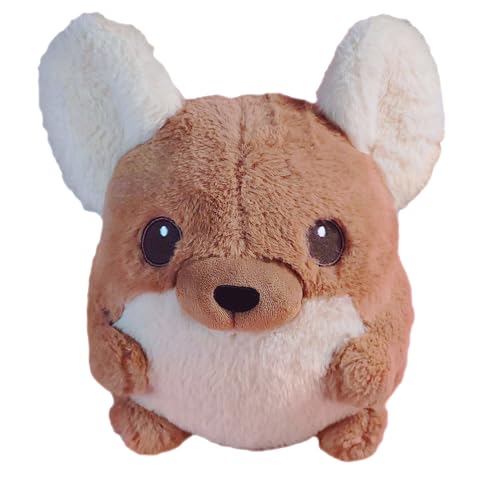Again.. If someone is selling 50% of their herd, and keeping the remainder 50%.. Who are they keeping? 9 times out of 10, the animals they feel are their best.
I can tell you straight out, that if I was reducing my breeding herd I would keep my best animals overall. Best producers, best quality. The remaining animals would be sold. Are they good quality? You bet. Did I pay an arm and a leg for them ? Most. Would they benefit a breeding herd? Most likely, depending on who is buying. Are they my best? Nope, my best is what I'd be keeping back.
I think the point people are missing is:While you can get good quality animals, in the end they were culled for a REASON. and did not make the breeders ultimate cut. Is it bad? No. you can get some **** awesome animals from breeders. However, you bet they held onto what THEY thought were there best animals. I have no problem with the animals I bought, but I also understand they were sold for a reason. They didn't make the breeders cut. However, they are doing what I want for my herd--improving it which is what is important.
Now, onto the actual topic of the thread at hand: We cannot guarentee that a chinchilla will be free of genetic problems. We CAN guarentee that the animal was in good health when it left(health cert.) but there is no way to know what may or may not pop up in the future. Thats why knowing your animals is very important, and knowing your lines. It will decrease the chance of running into a problem..but one time or another, we'll all run into that problem sooner or later. I do not think after 6 years a breeder should be held responsible for teeth problems. 1 year? a few months--yes most likely a genetic problem. But 6 years old in several different homes--you have no idea what accidents may have happend. I've heard of Malo happening because an animal was dropped, and it messed up the teeth.





















































